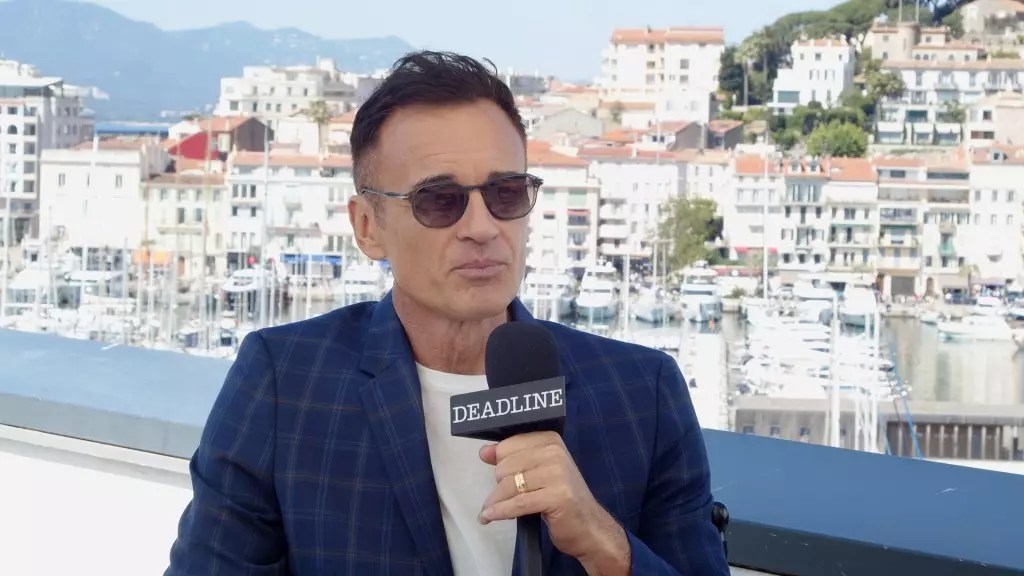In Lorcan Finnegan’s film, The Surfer, Julian McMahon takes on the role of Scally, the leader of a group of young men who are determined to keep their Australian surf beach exclusive to “locals only.” McMahon’s character embodies toxic masculinity and simmering violence, serving as a formidable obstacle to Nicolas Cage’s character, the surfer, and his desire to live and surf in the area with his son.
Upon reading Thomas Martin’s script, McMahon was immediately drawn to the dialogue and the intense journey that Cage’s character undergoes. McMahon reflected on the horrific ordeal that the surfer experiences, acknowledging the extreme nature of the story. He found the opportunity to portray Scally both challenging and intriguing, viewing it as a chance to delve into a complex and dynamic character.
As filming commenced, McMahon made a conscious decision to allow his character to evolve organically on set. He believed that both Nicolas Cage and director Lorcan Finnegan shared his enthusiasm for exploring the depths of their respective roles. This collaborative approach enabled McMahon to fully immerse himself in the complexities of Scally, tapping into the character’s motivations and inner turmoil.
Dynamics with Nicolas Cage
McMahon highlighted Cage’s energy and creativity during the filming process, noting a shared enthusiasm for experimentation and spontaneity on set. The interaction between the two actors was marked by a lively exchange of ideas and improvisation, as they sought to bring depth and authenticity to their performances. McMahon’s dynamic approach to his work complemented Cage’s intensity, resulting in a compelling on-screen chemistry between their characters.
Julian McMahon’s portrayal of Scally in The Surfer delves deep into themes of toxic masculinity, violence, and personal identity. Through his commitment to character development and collaboration with co-star Nicolas Cage, McMahon brings a nuanced and multifaceted performance to the screen. The film serves as a poignant exploration of the impact of power dynamics and societal expectations on individuals, inviting viewers to reflect on the complexities of human nature and the consequences of unchecked aggression.


Leave a Reply